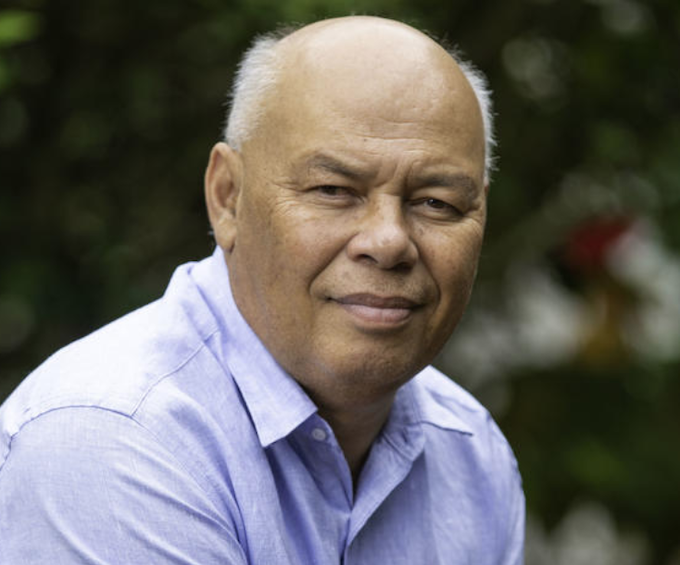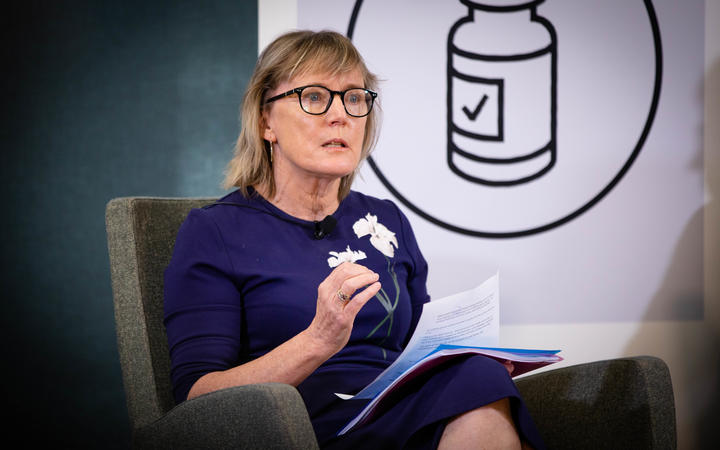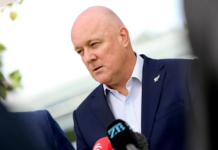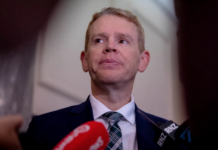
By Rowan Quinn, RNZ News health correspondent
The covid-19 vaccine booster needs a rebrand in New Zealand because it sounds like it is an “optional extra”, says a Pacific public health expert, as worry rises about stalling rates.
Only 73 percent of people have had the vaccine booster, despite nearly 90 percent of eligible people being double vaccinated three months ago — the stand-down period required to get boosted – and the omicron outbreak is sweeping through the country.
University of Auckland public health Associate Professor Collin Tukuitonga and Associate Dean Pacific said the word “booster” could make the dose sound like an optional extra.
- READ MORE: Covid-19 update: Two more deaths, 15,540 new cases and 952 in hospital
- Declining NZ covid-19 case counts – but record deaths and more to come
- Other NZ covid outbreak reports
“My own view is that we should never have described the two doses as being fully vaxxed,” he said.
“Fully vaxxed in my mind for omicron is the three doses and … we should be clearer that the booster is essential in ensuring protection from omicron.”
The Ministry of Health yesterday reported 15,540 new community cases of covid-19 in New Zealand.
Two covid-related deaths were also reported taking the toll to 115 and there are 952 people in hospital, including 19 in intensive care.
The average age of people in hospital is currently 58.
Immunisation Advisory Centre medical director Dr Nikki Turner said the booster was far more effective at preventing serious illness from omicron than two doses.
All three doses should be considered as one full course of the vaccine, she said.
Unboosted people polled in the street by RNZ yesterday had a range of reasons for not getting a third shot.
Some said they got two doses because they had to for work but did not want the booster, another was that they were double vaccinated and had had the virus, and others said they intended to but had not got round to it yet.
Turner said there were many other reasons why there could be a lag, including some people only just being eligible after the three-month stand-down from the second vax, or others who had recently had the virus and were following advice to wait a further three months.
For some, like those living in poverty or in unstable housing, getting a vaccine could feel difficult, she said.

But there was also almost certainly some vaccine fatigue.
“We’re certainly all getting covid fatigue so I think everyone is feeling over it to some degree,” Turner said.
“I think the problem is that even when we’re over this peak, we will still have a high background rate of covid for quite a long time.”
Associate Professor Tukuitonga said he was really disappointed in the rate, particularly for Pacific and Māori populations which were even lower with about 60 percent of those eligible boosted.
Grass roots organisations had been critical to getting their own communities double vaccinated to a high degree — and health authorities must give them the resources to do the same again for boosters, Dr Tukuitonga said.
Dr Turner said GPs and other health agencies needed to seek out and encourage individuals to get boosted, particularly older or more vulnerable people.
It was difficult at the moment because they were so stretched helping people who had the virus, but it was crucial to help keep those at risk safe, she said.
Prime Minister Jacinda Ardern said she was pleased the booster rate was higher for older New Zealanders — it is 90 percent for over-70s.
She appeared reluctant to mandate the booster, saying vaccine passes would soon have less of a benefit because so many unvaccinated New Zealanders were getting the virus.
But the government was working with the Ministry of Health to look at how to improve the uptake, she said.
This article is republished under a community partnership agreement with RNZ.











































